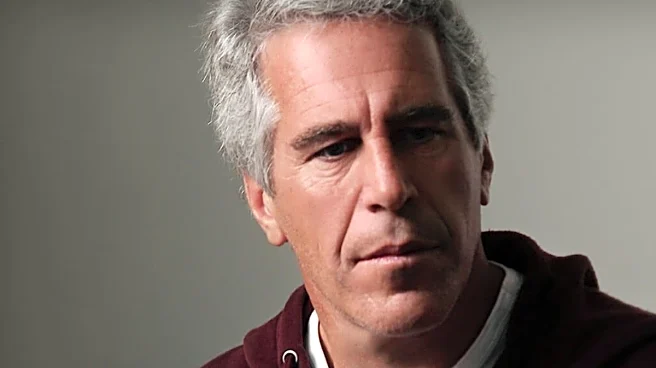Waking up early in the morning is considered a health boon for doctors. Giving an early start to your day not only saves time and makes your day productive but is also considered great for your overall
well-being. However, according to experts, an essential part of waking up early – your alarm clock – could be a source of a big risk. According to renowned neurologist Dr Sudhir Kumar, your morning routine may be suffering due to alarm clocks. How do alarm clocks harm your health? Dr Kumar says most people rely on setting alarms to wake up in the morning – disturbing the natural internal clock in the body, known as the circadian rhythm. When your sleep for the night gets completed, your brain signals the body to wake up – mostly during lighter stages of sleep. An alarm can, however, force you out of a deep sleep cycle – interrupting the "sleep inertia” and making you feel groggy and disoriented. And so, relying on daily alarms means that you are not getting enough sleep in the first place or that your sleep schedule is completely out of the norm. According to Dr Kumar, the stress of an alarm clock can also cause higher morning blood pressure. Usually, your cortisol levels would go up gradually in the morning – helping your body feel refreshed. But when the alarm forces your body to be awake, there is a rapid and abrupt spike in cortisol. This fast-forwarded stress response unnecessarily puts pressure on the cardiovascular system.
What is the best way to wake up?
Experts believe the best way to wake up fresh, without any hassle, is to do it naturally. When your body is ready to wake up, it does so on its own, which signals that your sleep cycle is complete. You may then feel more refreshed, light, and energised – without any kind of sluggishness associated with a jarring wake-up. Also, there may be no stress around waking up to a noise or vibration of an alarm. Waking up naturally avoids any kind of sudden shock to your system. If you wake up without an alarm, you may have a better mood and improved mental sharpness throughout the day, making you more productive both physically and mentally.
Easy ways to wake up without setting an alarm
To start waking up without the jerk of an alarm, you would need to train your circadian rhythm. According to the Sleep Foundation, making a few simple adjustments to your daily routine can help your body learn when it’s time to feel alert and when it’s time to wind down for sleep.
Use morning light
Getting morning light is one of the most powerful ways to regulate your body clock. Just a little sunlight in the morning tells your body it’s time to wake up. This makes you feel more alert during the day and helps you get sleepy later in the evening. Aim for at least 30 minutes of daylight exposure every morning.
Use a wake-up light
Also known as a dawn stimulator, a wake-up light is a great tool to help you transition away from a standard alarm clock. This device works by increasing the light in your bedroom for 15 to 45 minutes – just like a natural sunrise.

/images/ppid_a911dc6a-image-175850926829643234.webp)













